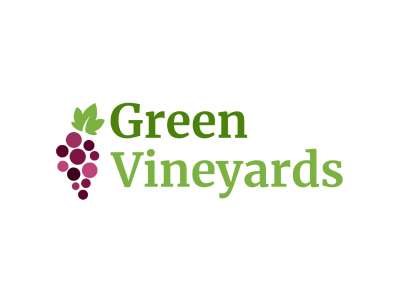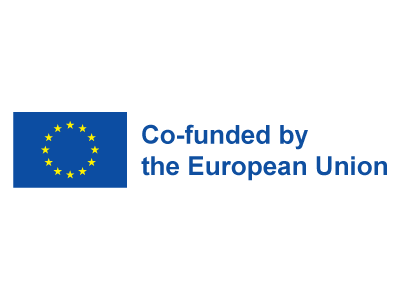A fair and sustainable society, with a modern, resource-efficient and competitive economy cannot be achieved without a workforce to support it. That is why it is necessary to prepare the workforce for the skills demanded by green jobs and to ensure that industries and workplaces do not face a shortage of adequately skilled workers. Environmental competences are essential for the winery’s workforce and surrounding society, in order to ensure a positive ecological footprint of the activities carried out in this farming sector.
Upskilling is, therefore, a must.
The aim of ‘Green Vineyards’ project is to raise the knowledge, skills and aptitudes of workers in the wine sector, addressing the challenges of climate change.
The objectives of the projects are:
- To identify the environmental competences required by the workers to ensure a positive ecological footprint of the activities carried out.
- To identify common gaps in the workers’ knowledge, attitudes and skills, to better address their training necessities.
- To provide personalised training for wineries sector staff, according to the identified skills gaps and making the required training available 24/7.
- To facilitate access to training, creating a friendly and accessible online learning environment for all workers of wine sector.
- To raise awareness of climate change impact in the key sector of wine production.
- To improve the climate literacy of rural communities.
- To disseminate the expected outcomes in order to transmit the created knowledge all over Europe.
“Green Vineyards” project will identify the key environmental competences needed in the wine sector workforce to achieve an immediate and positive impact on climate change. It will comprise the identification and analysis of knowledge, skills, and attitudes required to work in a sustainable economy. The project consortium will also identify the best practices in upskilling workers..
To support the acquisition of the required skills, a self-assessment tool will be developed. It will permit the workers to identify the competences they lack and will suggest the most adequate training to acquire those competences, through personalized training itineraries. A Training platform will be specially built to collect all the course contents, facilitating open access to the modules, the escalation of both the courses and final users, and the sustainability of the overall approach. The learning scheme will be tested, piloted by approximately 300 participants, and subsequently improved. A certification tool will be put in place allowing final users to obtain evidence of the competence achieved, improving their competitiveness within the labor market. A transferability scheme will be put in practice to disseminate project results in all educative sectors, as well as other agri-food sectors and industries.
Coordinator: Universidad Internacional de la Rioja (http://www.unir.net)
Research Institute for Innovation & Technology in Education (http://ited.unir.net)
Project partners:
- Institute for Research in Environment, Civil Engineering and Energy (www.iege.edu.mk)
- Industrial Technical Center for the vine and wine industry (https://vignevin.com)
- Private Association, Vocational Training center (www.cesarweb.com)
- Federación Española del Vino (http://www.fev.es/es/)
- Lake Constance Foundation (www.bodensee-stiftung.org)
- A Wineries staff environmental competence Framework & Best Practices Guide.
- An Environmental course modules & contents.
- A “Green Vineyards” learning Hub.
- A Project transferability toolkit.
- Climate Change Awareness
- Climate Change Adaptation
- Climate-Adaptive Water
- Soil Management in Vineyards
- Biodiversity and Agroecology
- Energy Efficiency Management
- Emissions Reduction
- Management of Waste
- Local & Historical Knowledge
- Sustainability Production
- Valuing Sustainability
- Individual Perspective on Managing a Winery
- Addressing Modern Challenges in the Wine Sector
Implementation period
February 2022 - July 2024
Reference number
2021-1-ES01-KA220-VET-000033311





